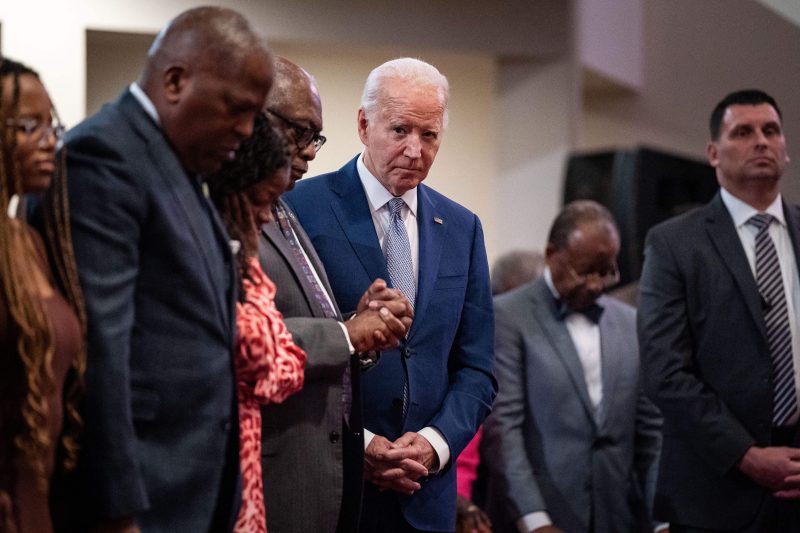Monitoring the trends and preferences of voters is essential in understanding the dynamics of upcoming elections. Recently, an Ipsos poll shed light on a concerning trend – fewer black voters are planning to vote in the 2024 election. This shift in voter behavior could have significant implications for the political landscape in the United States. Let’s delve into the key points highlighted by the Ipsos poll and explore the potential reasons behind this trend.
One of the striking findings of the poll is that only 47% of black voters expressed a definite plan to vote in the 2024 election, a notable decrease from previous election cycles. This drop in voter intention among black voters is concerning, especially considering the pivotal role they have played in shaping electoral outcomes in the past. The decrease in voter engagement among this demographic raises questions about the factors influencing their decision to participate in the upcoming election.
Several factors could be contributing to the decline in voter enthusiasm among black voters. One possible reason is voter disillusionment and dissatisfaction with the political system. Historically, black communities have faced obstacles such as voter suppression and lack of representation, which could contribute to a sense of apathy towards the electoral process. Additionally, issues related to racial justice and inequality may not be adequately addressed by political candidates, leading to a lack of motivation among black voters to participate in the election.
Moreover, the Ipsos poll also highlighted disparities in voter registration and turnout between black and white voters. The data revealed that black voters were less likely to be registered to vote compared to their white counterparts, indicating systemic barriers that may hinder their ability to participate in the electoral process. Addressing these disparities and promoting voter access and engagement among black communities will be crucial in ensuring their voices are heard in the 2024 election and beyond.
The findings of the Ipsos poll underscore the importance of addressing the challenges and barriers that prevent black voters from fully participating in the democratic process. Efforts to increase voter registration, promote civic engagement, and address issues of inequality and injustice will be essential in mobilizing black voters and ensuring their representation in upcoming elections. As we look towards the 2024 election, it is imperative that political leaders and policymakers prioritize the needs and concerns of black voters to build a more inclusive and equitable democracy for all.
